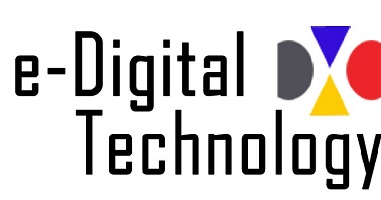
In an effort to address complex diseases and bring to bear timely treatments, the pharmaceutical industry has seen, for a very long time, expensive and at times uncertain drug development timelines. But that is all changing with AI. What we are seeing is the integration of powerful algorithms into biomedicine, which in turn is greatly speeding up the transition from research to real-world medical breakthroughs.
The Traditional Drug Discovery Bottleneck
Develop it into a new drug, which usually takes 10 to 15 years and at times may cost over $2.6 billion. In that time, much of the effort is put into early-stage discovery, which involves the screening of very large molecular libraries for compounds that may be a prospective drug candidate. This phase in itself may last for years, also at the end, may not pan out due to low efficacy or unexpected side effects, which only present themselves later on.
Human biochemistry is a complex issue that presents a challenge. We identify which drugs will react with the body, and which will target specific diseases through a lot of trial and error, which in turn delays progress and increases costs.
Enter Artificial Intelligence
AI in the case of machine learning (ML) and deep learning, is transforming how scientists do drug discovery. We see these techs’ analysis of large data sets, which include chemical structures, genomic sequences, medical literature, and clinical data, to determine which molecules have the best chance of becoming successful drugs.
Instead of the manual testing of each compound, we have AI models which simulate molecular action and put forth very good — which we see algorithms do by learning from past drugs’ success and failure rates to predict what novel compounds may be at once safe and effective.
Key Areas Where AI Adds Value
Target Identification: AI looks at biological data to determine which genes and proteins are most in play to a disease, which in turn helps researchers to zero in on useful targets.
Molecule Generation: Generative models put forth new drug molecules that meet certain safety, bioavailability and efficacy criteria.
Predictive Toxicology: AI can predict side effects and toxicity, which in turn will see us put forward only safe compounds for human trials.
Clinical Trial Optimization: By looking at patient data, AI helps to design better trials and also to identify which populations will most benefit from a drug, which in turn increases the odds of approval.
Real-World Impact
In 2020, the world saw out of DeepMind (with AlphaFold), BenevolentAI, Insilico Medicine, and Atomwise, which are at the forefront of presenting what AI can do in drug discovery. Also, that year, AI played a role in identifying which existing drugs could be repurposed for COVID-19 treatment in record time.
In recent years, AI-based platforms have developed drugs for ALS, fibrosis, and cancer, which have moved into preclinical and clinical stages much faster than traditional methods would do.
Challenges and Ethical Considerations
AI is a great tool, but it also has issues. We see that models are at the mercy of the data on which they are trained, with biased or incomplete data sets producing faulty results. Also in sectors that are very much regulated, like pharmaceuticals, we see the need for transparency, explainability, and validation.
Also in play is the issue of collaboration between data scientists and medical researchers, which is to ensure that AI models put out clinically relevant results.


